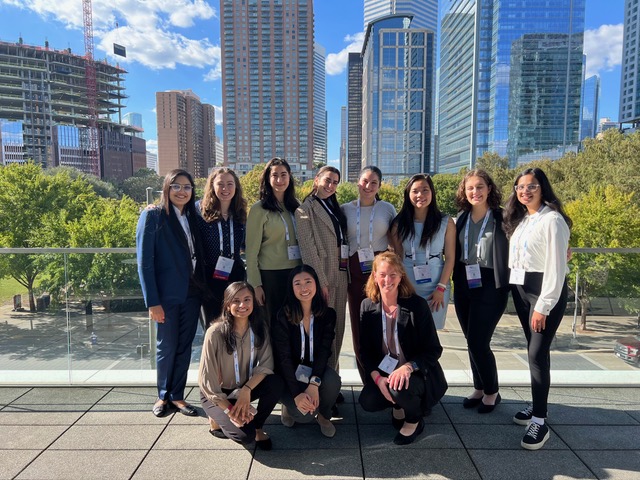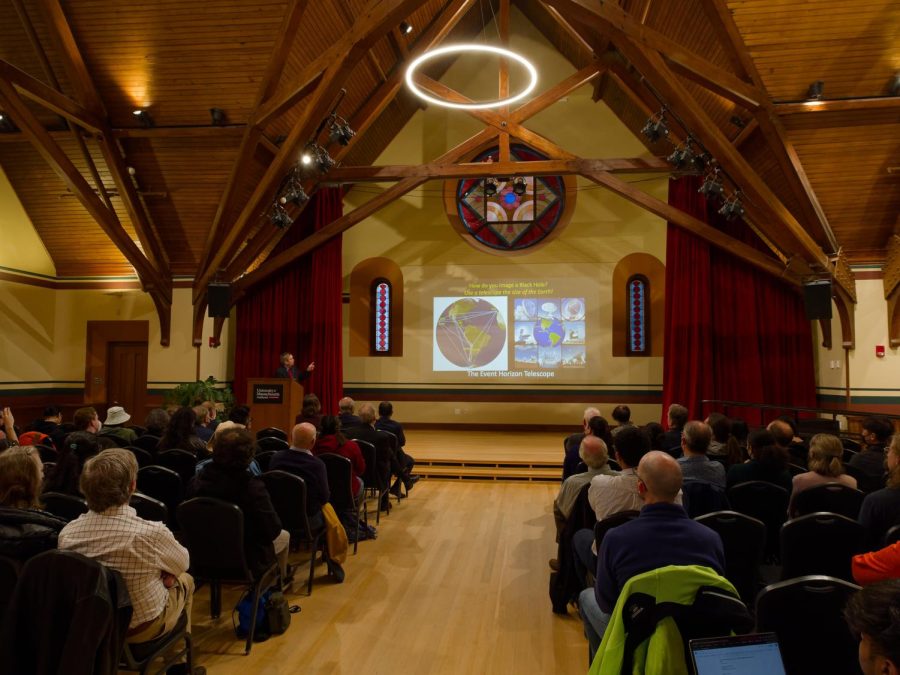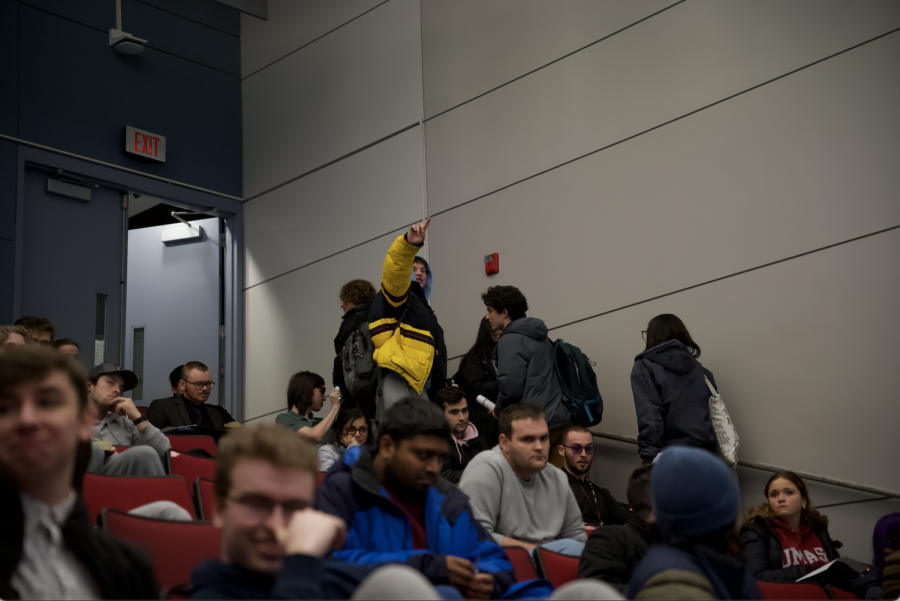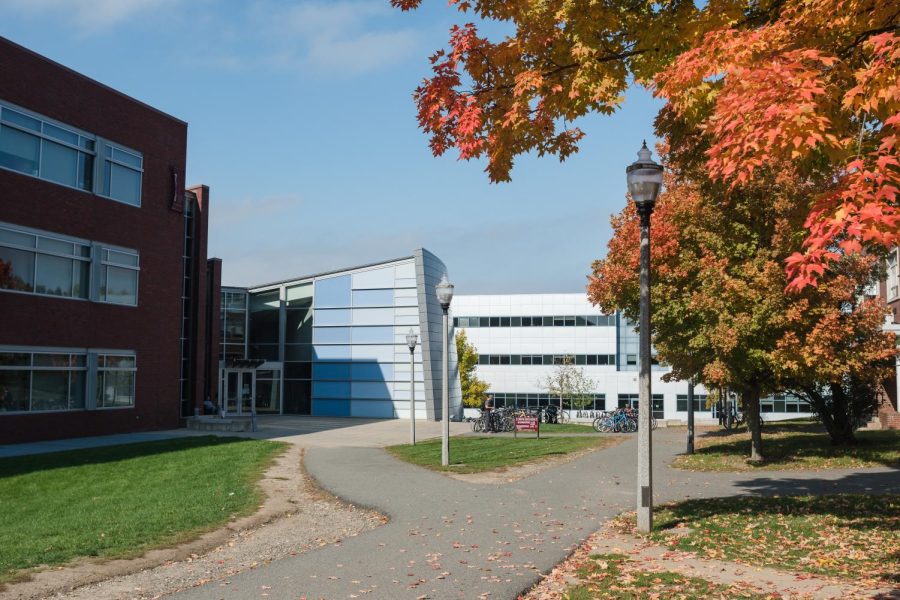After a successful test pilot of wireless internet in Butterfield Hall in the Central residential area last year, the Office of Information Technologies (OIT) has installed additional wireless Internet routers in various dorms throughout the campus as part of an expansion.
Northeast, Orchard Hill, Central and Sylvan residential areas have all gone wireless, and students will no longer be able to access Internet through wall outlets but must instead connect over wireless signals.
Most recent laptops come installed with a wireless adapter, which is necessary to access the wireless Internet, known as WiFi, but those without such a feature will need to purchase one to plug into their computer.
The current and now useless outlets in dorm walls, which had previously provided access to the Internet, have been plugged up to prevent students from attempting to use an Ethernet cable to gain access to the Internet.
In order to install wireless connections throughout campus, wiring from all of the buildings, installed in the 90s, had to be stripped from all of the walls, a process that took all summer. OIT began work in May, when students left the dormitories for the summer.
Students will have the option of choosing between two servers, “UMass” and “UmassSecure1x.” The UMass server will require students to log in with their OIT username and password every time they access the Internet. The latter will require students to download an application to their computer that allows them permanent access, without the requirement of a log-in.
OIT Help Desk Manager Andrew Vernon explained that there was a basic need to make a transition to wireless.
“A few of the biggest points for the project were time and technology changes,” he said. “Students were also contacting the Chancellor’s Office asking for wireless.”
Vernon explained that wireless access had not yet reached Southwest based on time constraints and accessibility.
“The Southwest concourse design left that part of the campus inaccessible, so we will get all of Southwest next summer.”
Sophomore Mike Cowell, who was among those who used the new wireless setup in Butterfield last year, had mixed feelings about the expansion.
“My biggest issue with wireless in Butterfield is that 20 percent of the time, ‘UMassSecure1x’ simply did not work,” said Cowell.
“If UMass can make their wireless Internet more reliable and faster, then I would welcome this expansion into other Residential Areas, but if this is just going to be the same thing in more places, then I say keep the cords,” he added.
Keshia Maxwell, a sophomore who also was part of the Butterfield test pilot, said the shift was sorely needed.
“I’m glad they took the initiative to start up the pilot in Butterfield, and while they had some issues, they were to be expected,” she said.
At the conclusion of the year-long test of the wireless Internet in Butterfield Hall, OIT conducted a survey to determine the overall satisfaction and results of the project, with a total of 52 students responding.
Among the students who took the survey, 15 found that connecting to the Internet was “very easy,” while five found it “very difficult.” Of the students, 22 found the quality of the Internet to be “very good,” while a total of 14 found the range to be between “neutral” and “very poor.”
Of the students, 41, or 80 percent of the group, would recommend a “wireless only” residence hall to their friends.
Vernon added that he believes the benefits of going wireless far outweigh the drawbacks.
“Wired ports limited students with one Ethernet port in a certain geography within their residence halls,” he said. ”Wireless is a shared medium, [a] modern method of network connectivity and better enables someone to seamlessly move about.”
Tim Jones can be reached at [email protected].












